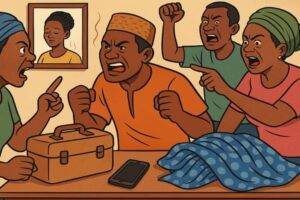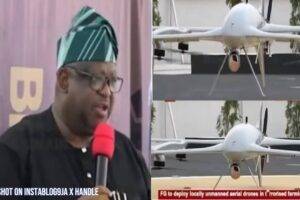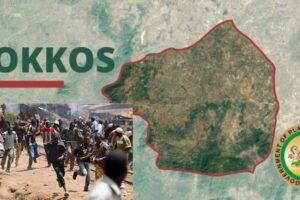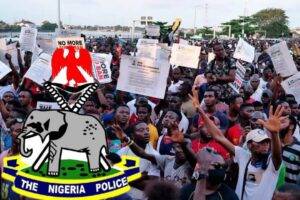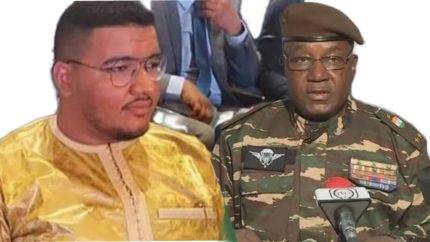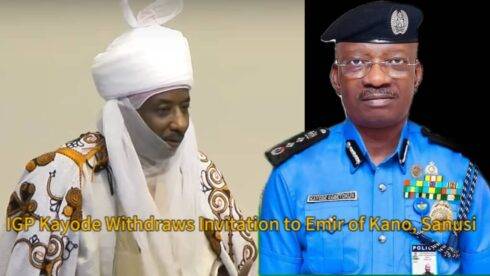Salem Mohamed Bazoum, the 22-year-old son of former Nigerian Presiden Salem Mohamed Bazoum, has been granted provisional release after spending five months in detention at the presidential residence alongside his father and former first lady Haziza. The younger Bazoum, accused of “conspiring to harm the authority or security of the state,” was released on Monday, January 8, from custody in Niamey.
While Salem Mohamed Bazoum has been freed, his father, the ousted president, and Haziza remain under surveillance by their former presidential guard, highlighting the disparity in the treatment of the family members within the ongoing legal proceedings.
Mediation Efforts Bear Fruit
The release of Salem Mohamed Bazoum follows mediation efforts spearheaded by Togolese President Faure Gnassingbé and Sierra Leonean counterpart Julius Maada Bio in collaboration with the new Nigerian authorities. This diplomatic intervention, facilitated by the Economic Community of West African States (ECOWAS), saw the two appointed heads of state engaging with General Tiani, the country’s new leader, to navigate the crisis in Niger.
President Gnassingbé and President Bio have increasingly stepped up their interventions in Niger, contributing to the provisional release of Salem Bazoum. Recent activities included discussions and engagements with General Tiani, signaling a concerted effort to resolve the situation in the country.
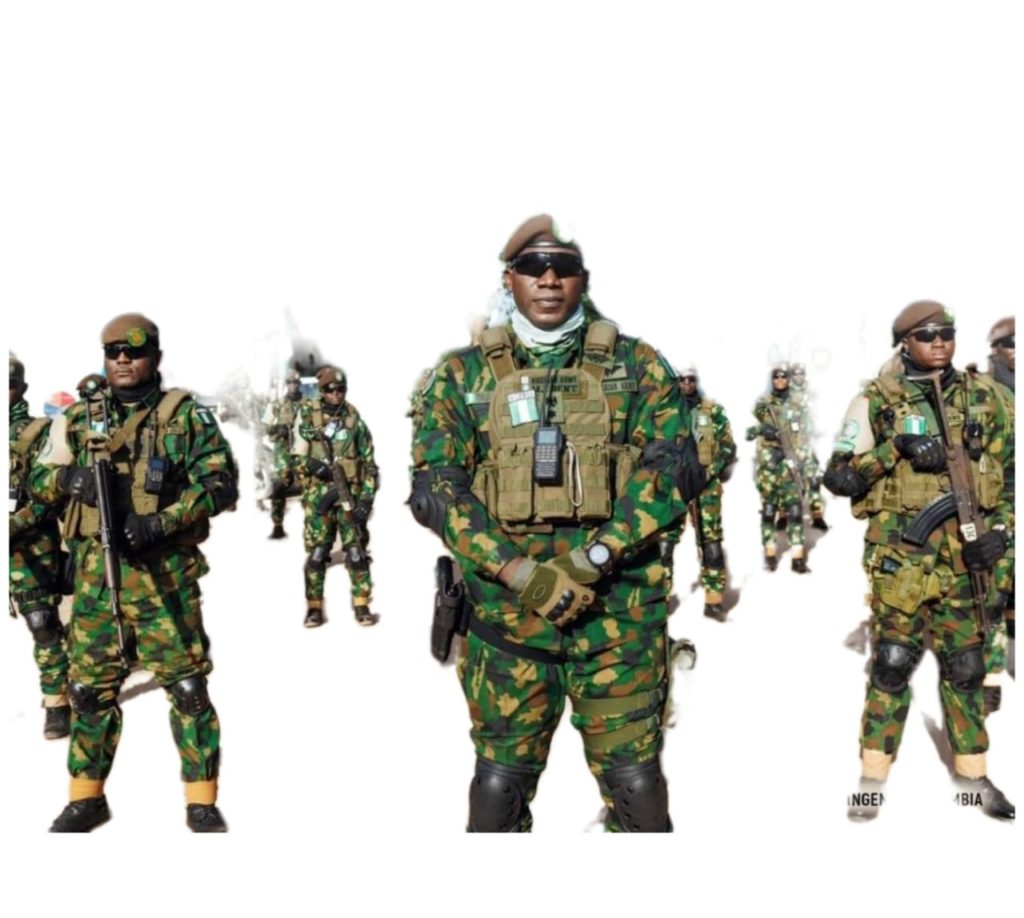
Salem Mohamed Bazoum’s Whereabouts and Diplomatic Connections
Sources report that Salem Mohamed Bazoum is currently in Lomé, having departed Niamey accompanied by Togolese head of diplomacy, Prof Robert Dussey. Dussey’s trip to the Sahelian country coincided with an interview he held with the Prime Minister of Niger, Ali Mahaman Lamine Zeine, indicating ongoing diplomatic dialogues and negotiations surrounding Salem Bazoum’s release and the broader political landscape in Niger.
The involvement of Togolese diplomatic representatives in escorting Salem Bazoum underscores the intricate web of international relations at play in resolving the crisis and ensuring the release of key individuals connected to the former Nigerian administration. . Niger Suspension from ECOWAS as International Pressure Mounts Amid Political Turmoil
ECOWAS Suspension and Sanctions
Niger finds itself in the eye of a political storm, suspended from the Economic Community of West African States (ECOWAS) following the ousting of its democratically elected president by the military. The military’s actions have led to the house arrest of President Mohammed Bazoum and his son Salem Bazoum. This move has sparked widespread condemnation and a wave of sanctions from both ECOWAS and various international bodies. Among the key demands for lifting these sanctions is the immediate release of President Bazoum and the restoration of democratic leadership.
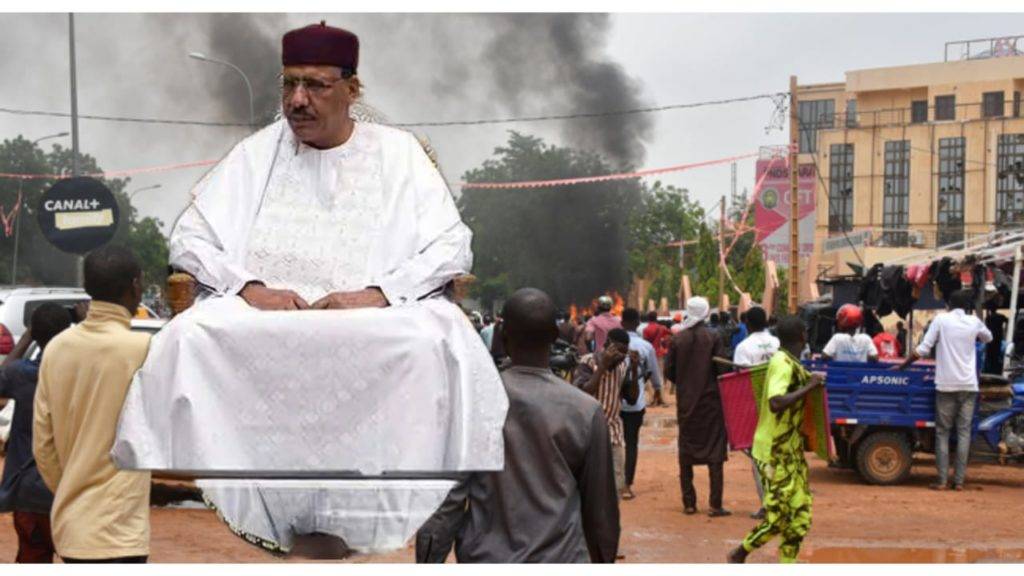
In a notable shift, ECOWAS, after initially leaning towards forceful intervention, has softened its stance following mediation attempts involving several West African states, with Togo prominently involved. This change in approach indicates a willingness to explore diplomatic solutions and negotiate with the Nigerien military regime. However, the conditions set for easing the sanctions continue to revolve around the reinstatement of the ousted president, adding pressure on the military to navigate a swift resolution to the political impasse.
Shift in Alliances and Withdrawal of French Troops
The new military government in Niger has marked a departure from its longstanding European partners, most notably France. This diplomatic pivot has seen Niger gravitate towards forging stronger ties with neighboring countries Mali and Burkina Faso, both currently under military rule following recent coups. The withdrawal of French troops from Niger in December further underlines this significant shift in geopolitical alliances, reflecting the evolving dynamics in the region.
Niger, like Mali and Burkina Faso, has grappled with persistent rebel violence, particularly in the volatile tri-border region where these Sahel countries intersect. This ongoing security challenge has added complexity to the country’s political landscape, amplifying the urgency for stability and effective governance amid the tumultuous transitions.
Table of Contents
Discover more from OGM News NG
Subscribe to get the latest posts sent to your email.


